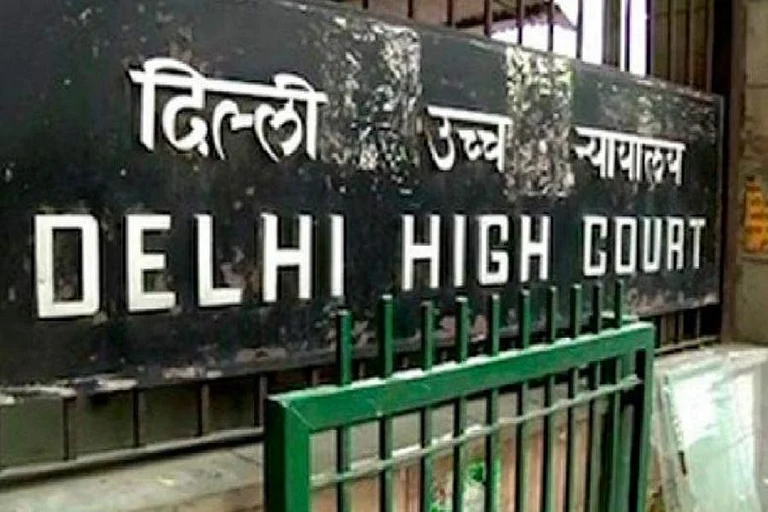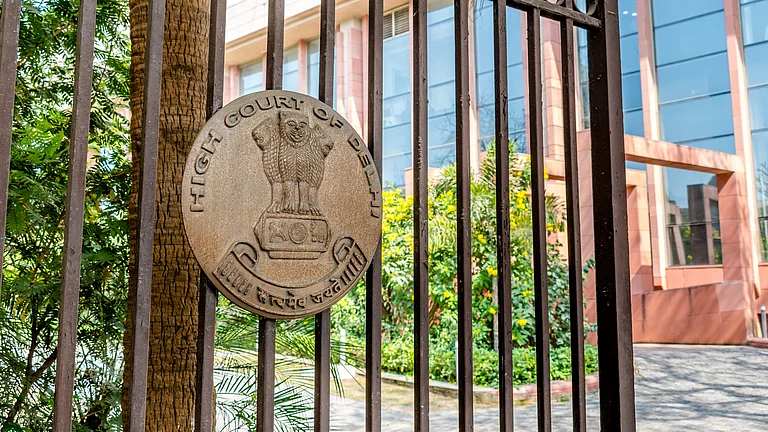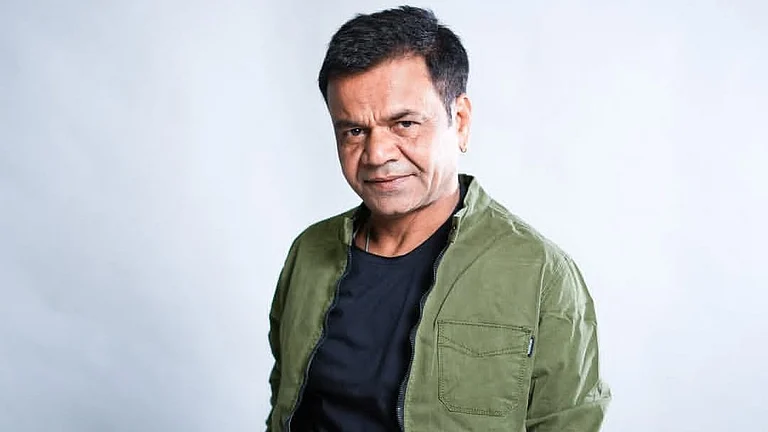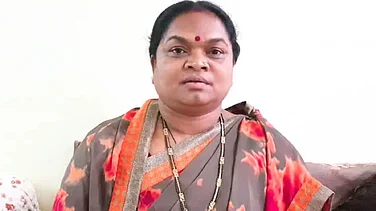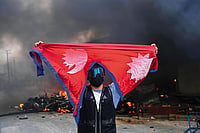
Summary of this article
National Investigation Agency, urged Delhi High Court for closed-door proceedings on appeal seeking death penalty for JKLF chief Yasin Malik in 2017 terror funding case, citing risks to sensitive evidence and sources.
Appeal challenges 2022 life sentence under UAPA, NIA argues Malik's Lashkar/Hizbul links warrant "rarest of rare" capital punishment for waging war against India.
Bench of Justices Prathiba M Singh and Amit Sharma issued notice to Malik, posted matter for Nov 17, directed NIA to file formal application; Malik's counsel opposed in-camera hearings.
The National Investigation Agency (NIA) on Monday requested the Delhi High Court to conduct in-camera hearings for its plea seeking the death penalty for separatist leader Yasin Malik in a 2017 terror funding case, citing national security concerns.
Additional Solicitor General Aishwarya Bhati, representing NIA, told a division bench of Justices Prathiba M Singh and Amit Sharma: "The matter involves sensitive evidence related to terror funding channels. Open court proceedings could jeopardize ongoing investigations and sources."
The appeal challenges a 2022 special court's life imprisonment verdict against Malik, convicted under UAPA for raising funds to fuel unrest in Kashmir. NIA argued Malik's actions—linked to Lashkar-e-Taiba and Hizbul Mujahideen—caused deaths and qualify as "waging war against India," meriting capital punishment under the "rarest of rare" doctrine.
Malik, chief of banned Jammu Kashmir Liberation Front (JKLF), pleaded guilty in 2022 and boycotted subsequent proceedings, appearing virtually from Tihar Jail. His counsel opposed in-camera hearings, calling it an attempt to "hide facts from public scrutiny."
The bench issued notice to Malik and posted the matter for November 17, directing NIA to file a formal application justifying closed-door hearings.
The case stems from NIA raids uncovering Pakistan-orchestrated funding for stone-pelting and separatist activities in 2016-17. Malik remains in Tihar since 2019; his virtual appearances have been restricted amid security protocols.
The request for in-camera proceedings mirrors similar moves in high-profile terror trials, balancing transparency with intelligence protection. The hearing could set precedents for future UAPA appeals.



